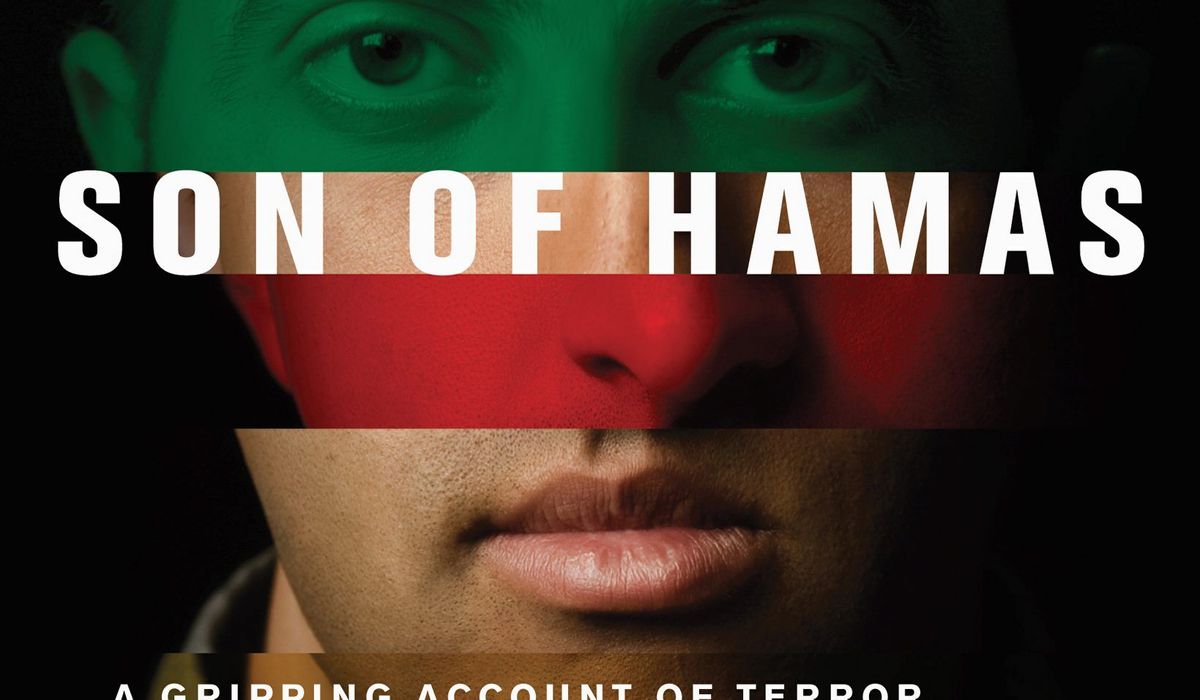Imagine growing up in a world riddled with conflict and violence, where the very ideals you’re taught to revere are often the very ones that could jeopardize your existence. That’s the perplexing backdrop of “Son of Hamas,” a gripping memoir penned by Mosab Hassan Yousef, who channels the tumultuous reality of life as the son of one of the co-founders of Hamas. This book isn’t just a mere autobiography; it’s a profound exploration of identity, faith, and the paradoxes woven into the Israeli-Palestinian conflict. Are we truly capable of change, or are our fates dictated by our lineage?
The narrative kicks off with the vivid depiction of Yousef’s childhood in Ramallah, a place steeped in the chaos that characterizes much of Palestinian life. Readers are swiftly introduced to the complexities of familial expectations and societal pressures. Yousef’s father, Sheikh Hassan Yousef, is notorious for his role in the militant wing of Hamas, thus placing a heavy mantle upon the shoulders of his son. Can one write their own narrative when the ink seems already smudged by the weight of legacy? This question pulsates throughout the memoir, challenging readers to ponder the influence of heritage on personal choice.
From the outset, Yousef’s childhood is replete with conflict. He oscillates between admiration for his father’s fervor and an innate desire to forge a path distinctly his own. Through his candid prose, the author unveils the cerebration of a young boy grappling with dichotomous ideals: the allure of martyrdom versus the thirst for peace. Each chapter unfurls a new facet of his internal struggle, elucidating how the societal norms surrounding him serve to complicate the process of self-discovery.
As we delve deeper into the text, one can’t help but notice Yousef’s gradual evolution from a boy indoctrinated into the Hamas ideology to a young man who questions the very foundation of that belief system. He poignantly illustrates the disjunction between the glorified narratives of martyrdom and the grim realities of violence and loss. Through vivid storytelling, Yousef recounts the haunting experiences of witnessing atrocities committed in the name of politics and faith. His reflections raise a tantalizing query: can one maintain their ideological fervor in the face of moral ambiguities?
The memoir takes a remarkable turn when Yousef becomes an informant for the Israeli security forces. This decision is steeped in tumultuous contradiction: how does a son of Hamas turn against the very entity he was raised to believe in? Yet, it is here that the book introduces its most profound philosophical challenge. It becomes a heartfelt exploration of loyalty—not only to family and community but also to one’s own conscience. Each page echoes with the realization that, sometimes, to remain true to one’s beliefs means questioning the status quo and undertaking risks that others may deem unthinkable.
In navigating through his dual existence as both Palestinian and informant, Yousef’s narrative captures the hearts of readers with the sheer weight of his emotional journey. The difficulty of maintaining relationships with his family while serving as a source of intelligence for the enemy adds a layer of tension that is both palpable and thought-provoking. It compels readers to confront their own notions of betrayal, allegiance, and the moral complexities of warfare. How do we reconcile loyalty to our origins with a burgeoning sense of right and wrong?
Moreover, Yousef’s reflections illuminate the existential dilemmas faced by those caught in the crossfire of ideologically driven conflicts. His journey transcends the borders of personal tragedy; it resonates on a universal scale as the reader contemplates the pervasive nature of division in our world. Can empathy be cultivated amidst such entrenched enmity? The author, through his trials and tribulations, fervently advocates for the power of understanding and dialogue over the glorification of conflict.
The writing style throughout “Son of Hamas” is accessible yet evocative, making its profound themes resonate with a broad audience. Yousef’s use of simple language juxtaposed with striking imagery allows readers to feel the stark realities of his experiences. It compels one to linger on every word, uncovering layers of meaning and emotion that often escape broader narratives surrounding the conflict. What is it about the human spirit that yearns for freedom even in the direst circumstances?
As the memoir reaches its denouement, readers are immersed in Yousef’s transformation. He evolves from a youthful zealot to a man propelled by the hope for peace. His declaration of faith, not in violence but in compassion, comes as a refreshing counterpoint to the hardened rhetoric so often found in discussions of the Middle East. The question posed throughout remains: is redemption achievable, or are we doomed to repeat the cycles of our forebears?
Ultimately, “Son of Hamas” serves not only as an autobiographical account but as an impassioned call for introspection and dialogue. It invites its audience to confront their prejudices and beliefs while navigating the chasms of human conflict. Mosab Hassan Yousef’s story is a testament to the power of choice in redefining one’s destiny against even the most poignant of inheritances. It urges us to ponder a vital precept: in a world often esteemed for its divisions, can we dare to dream of harmony? The answers lie within us, waiting to be unearthed.
